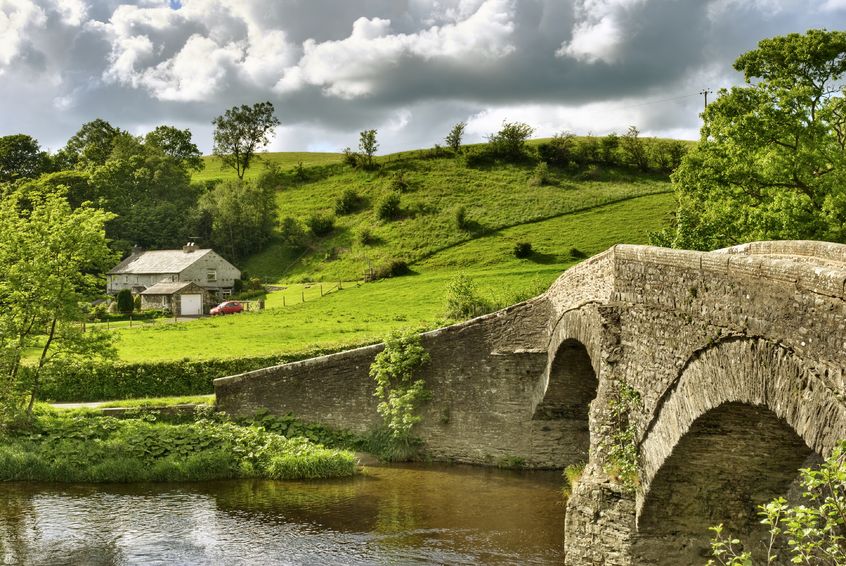
Those who live and work in Scotland’s countryside are to quiz the nation’s parliamentary parties on their rural policies ahead of the Scottish Parliamentary elections being held on Thursday 5 May.
Rural issues, including farming, food and the environment have featured little in the public debate to date and key candidates will have the opportunity to map out their policies at a national hustings being staged in the MacRobert Pavilion, the Royal Highland Centre, near Edinburgh on Thursday 7 April at 7.00pm.
The event, supported by 17 rural stakeholders, will feature (in alphabetical order) Sarah Boyack (Scottish Labour); Peter Chapman (Scottish Conservatives); Richard Lochhead (SNP) and Willie Rennie (Scottish Liberal Democrats). Scottish Greens have yet to confirm who will be attending. The event will be chaired by Ken Rundle of SRUC.
Speaking ahead of the event, NFU Scotland’s Parliamentary Officer Clare Slipper said: "Rural issues are at the heart of a healthy and vibrant Scotland.
"The recent TV debates involving party leaders failed to explore rural matters but for those who live and work in Scotland’s countryside, they want to hear what parties will deliver for our food and farming sectors, the environment and the wider rural economy.
"Scottish agriculture is valued at £3 billion annually. In addition, more than 67,000 people are directly employed in Scottish farming and a further 360,000 people are employed in a Scottish food and drink sector, currently worth £14 billion.
"Scottish farmers and crofters are also responsible for the environmental safekeeping of land equivalent to more than 2.1 million football pitches while farm, estate and croft-based businesses are driving forward Scotland’s wider rural economy through tourism and renewable energy.
"That makes the Scottish countryside an important battleground in this election.
"We believe every party manifesto, when published, must have rural policies front and centre. And through this event, we are giving all the main parties a platform to outline their commitment to rural Scotland.”
